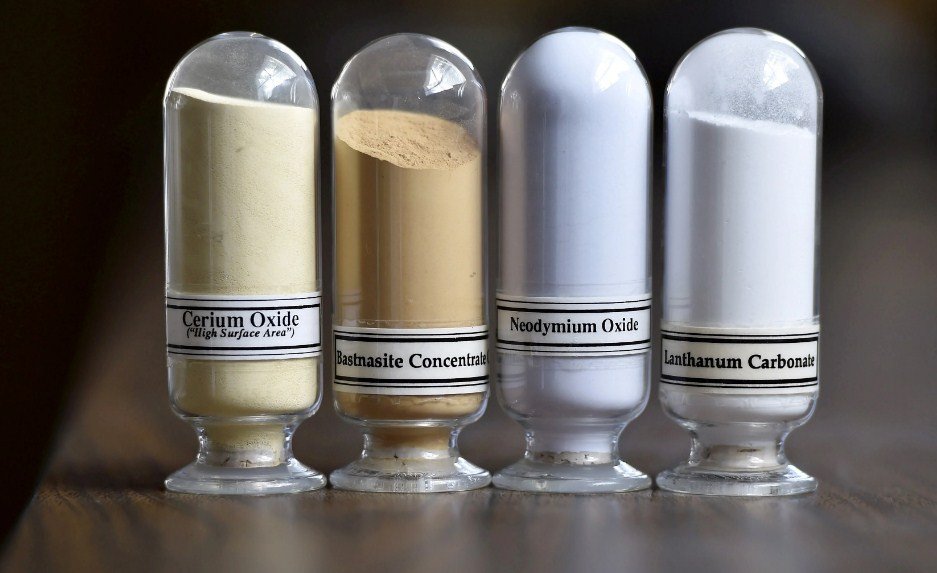What is niobobaotite?
Niobobaotite is a new type of ore that contains the rare earth metal niobium, along with barium, titanium, iron and chloride. It was discovered by scientists in China in the Bayan Obo ore deposit in Inner Mongolia on Oct. 3, 2023. The ore has received official approval from the International Mineralogical Association’s classification committee.
Niobium is a light-gray metal that has a high melting point and excellent resistance to corrosion. It is mostly used in alloys for steel, jet engines and rockets, as well as in superconductors and other advanced scientific equipment. Niobium is also a key component in some emerging battery technologies, such as niobium-lithium and niobium-graphene batteries.
Why is niobobaotite important?
Niobobaotite is important because it could help China reduce its dependence on imports of niobium, which currently account for 95% of its consumption. Brazil is the world’s largest supplier of niobium, followed by Canada, Australia and Nigeria. The U.S. is also developing a niobium mine and processing facility in Nebraska, which would be the only one in the country.
Niobobaotite could also propel new advances in battery technology, as niobium-based batteries have several advantages over traditional lithium-ion batteries. According to researchers, niobium batteries can:
- Reduce the risk of fires when used along with lithium
- Charge faster and last longer than lithium-ion batteries
- Have a performance duration of up to 30 years
- Be more durable and reliable than lithium-ion batteries
What are the challenges and opportunities of niobobaotite?
One of the challenges of niobobaotite is to determine its volume and quality, and whether it can be extracted economically and environmentally. The ore is the 17th new type found in the Bayan Obo deposit, which is one of the largest rare earth deposits in the world, but also one of the most complex and contaminated. The extraction and processing of rare earth metals often involve high costs, energy consumption and environmental impacts.
Another challenge is to develop and commercialize niobium-based batteries, which are still in the research and development stage. Niobium batteries require high-purity niobium materials, which are scarce and expensive. They also face competition from other battery technologies, such as lithium-sulfur, lithium-air and solid-state batteries.
However, niobobaotite also offers opportunities for innovation and collaboration in the field of battery technology. China has been investing heavily in research and development of new energy sources and storage systems, as part of its efforts to achieve carbon neutrality by 2060. China is also partnering with universities, research centers and battery makers around the world to improve the use of niobium in lithium batteries.
Niobobaotite could be a game changer for China’s energy transition and global leadership in battery technology. It could also benefit other countries and industries that rely on niobium for their applications.

